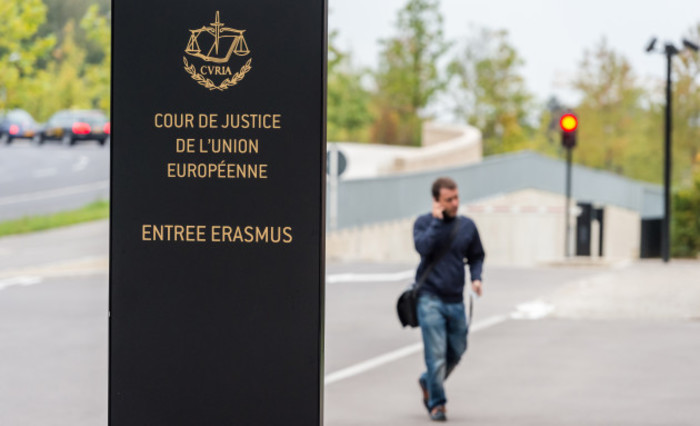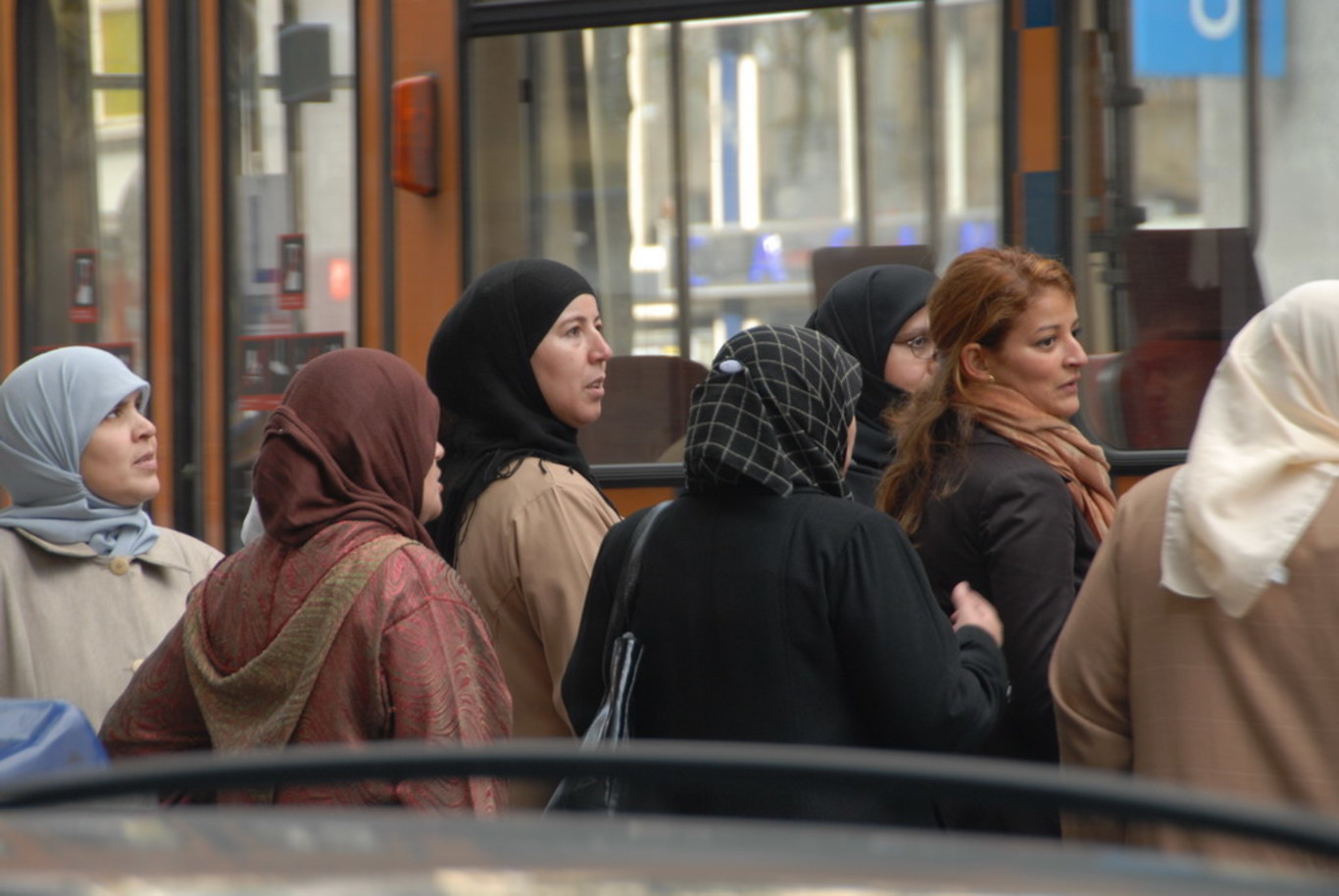Europe's top court looks set to back firms banning Muslim headscarves at work
But only if the measure is part of a general policy against religious or political symbols.
FIRMS IN EUROPE may be allowed to ban Muslim women from wearing headscarves at work if the policy stretches to a wider restriction on showing all religious symbols.
In an opinion this morning from the European Court of Justice, the court’s German advocate-general Juliane Kokott said there was no “direct discrimination” if Islamic headscarves were banned in the workplace as long as it was part of a broader approach.
The case followed a complaint from a Muslim woman, Samira Achbita, who was working as a receptionist for Belgian company G4S Secure Solutions when she was dismissed for insisting on wearing a headscarf.
Two tiers of Belgian courts rejected her claim, however it was referred to the European body to clarify where EU anti-discrimination laws stood.
Advocate-general Kokott said a ban on headscarves could be allowed under the bloc’s laws if the company had a general policy that prohibited any visible political, philosophical and religious symbols on the job.
She noted the ban could constitute indirect discrimination based on religion, but it was still able to stand based on “a legitimate policy of religious and ideological neutrality” from the employer.

Proportionate
It would be up to national courts to decide if the actual steps taken by a firm were in proportion to the circumstances of the case, in particular “the size and conspicuousness of the religion symbol” as well as the country’s national identity.
The opinion said there was no doubt that the actions of Achbita’s employer, in this instance, were appropriate for maintaining the company’s policy.
“While an employee cannot ‘leave’ his sex, skin colour, ethnicity, sexual orientation, age or disability ‘at the door’ upon entering his employer’s premises, he may be expected to moderate the exercise of his religion in the workplace, be this in relation to religious practices, religiously motivated behaviour or (as in the present case) his clothing.”
While the advocate-general’s opinion is not binding on the court, it is rare for the panel of ECJ judges to go against the legal recommendation. A full judgement will be given at a later date.






